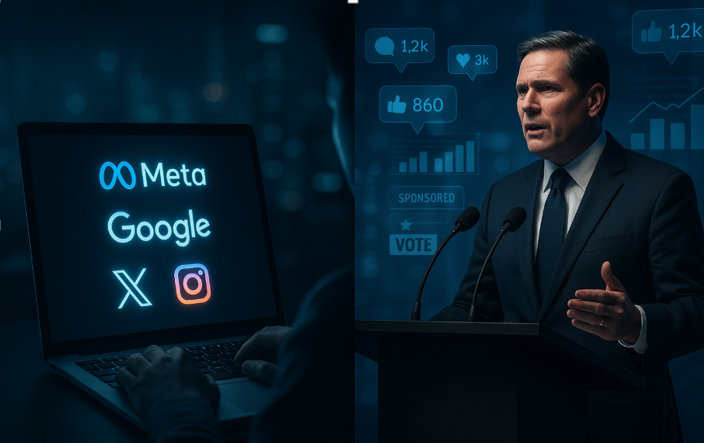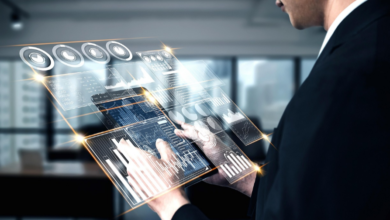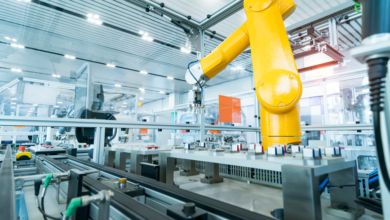
How Does Big Tech Influence Politics?
In today’s world, some of the most powerful players in politics aren’t politicians or governments they are Big Tech companies. Companies like Google, Facebook (Meta), Amazon, Apple, and X (formerly Twitter) have become much more than tech platforms. They now play a huge role in shaping public opinion, election outcomes, and government policies.
Here’s a simple look at how Big Tech influences politics:
1. Control Over Information
Big Tech controls the flow of information. Most people now get their news and updates from platforms like Google, Facebook, and YouTube.
- Algorithms decide what content you see. This means every person might get different information based on their interests and past behavior, often trapping people in “echo chambers.”
- Content moderation allows platforms to remove or block posts they find harmful or false. While this helps limit misinformation, it also raises concerns about free speech and who decides what’s “right.”
Just like the jazz balance check feature gives users control over their usage, big tech platforms control the flow of political information to the public.
2. Political Advertising and Campaigns
Big Tech has changed how political campaigns work — especially through targeted advertising.
- Personalized ads: Political groups can send highly specific messages to different groups of voters based on their data.
- Invisible campaigning: Some ads are only shown to select groups, making it hard to track what is being promised to whom.
See also: Facial Recognition Technology: Shaping the Future of Identification
3. Lobbying and Political Connections
Big Tech companies work hard to protect their interests by influencing lawmakers.
- Shaping laws and policies: These companies regularly interact with governments to push for laws that benefit them.
- Political donations: They often contribute money to political parties or candidates to stay in favor — regardless of which party is in power.
4. Shaping Public Opinion
Big Tech platforms directly influence how people think and talk about politics.
- Viral content: Social media can make certain political messages spread very fast — true or not — affecting how people feel.
- Bots and fake accounts: These are sometimes used to create the illusion of strong support or opposition for certain political ideas or candidates.
5. Global Impact
Big Tech doesn’t just influence politics in one country — it affects the whole world.
- Local laws and censorship: In some countries, tech companies must follow strict government rules, even if it means limiting free speech.
- National concerns: Many governments now see Big Tech as a challenge to their control over their own people and policies.
6. Calls for Regulation
As Big Tech’s power grows, so do concerns about its influence.
- New rules and laws are being created in many countries to limit how these companies use data, manage content, and compete in the market.
- Talks of breaking them up: Some people believe these companies have become too big and should be split into smaller parts to reduce power. While the jazz new sim offer provides clear incentives, big tech’s influence on politics often operates subtly through data collection and user behavior.
The influence of Big Tech on politics is deep, complex, and growing. These companies now shape how people access information, how political messages are delivered, and even how laws are made. While technology has brought convenience and connectivity, it has also created powerful platforms that can quietly influence public opinion and policy without accountability.



